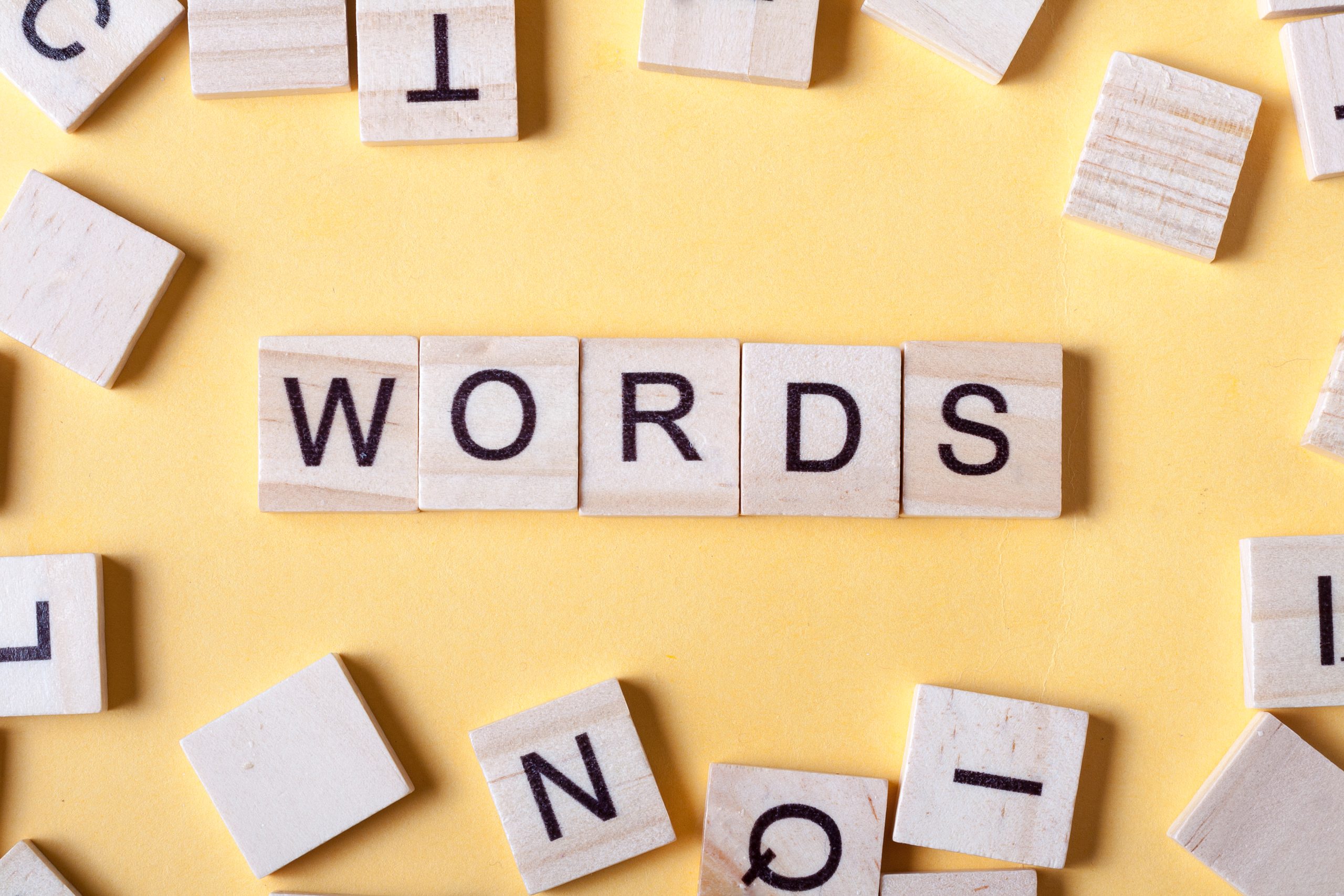
In an age of autocorrect and spell check, you might think spelling errors are a thing of the past. But even with technology at our fingertips, some words continue to trip people up. Whether it’s double letters, silent letters, or tricky vowel combinations, certain words seem designed to be misspelled. While spelling mistakes may seem harmless, they can be embarrassing in professional emails, job applications, or even casual conversations.
If you’ve ever hesitated before writing a word, you’re not alone. Here are ten words that most people struggle to spell correctly.
1. Definitely
“Definitely” is one of the most commonly misspelled words in the English language. Many people mistakenly write “definately” or “definitly”, confusing the order of vowels.
One trick to remember the correct spelling is to focus on the root word “finite”—once you recognize it inside “definitely,” it becomes easier to spell. Despite its frequent misuse, spelling it correctly can help you avoid one of the internet’s most notorious errors.
2. Accommodate
This word is tricky because of its double “c” and double “m.” Many people spell it as “accomodate” or “acommodate”, leaving out one of the doubled letters.
A simple way to remember it is: “Accommodation has room for two c’s and two m’s.” Given how often this word appears in business and travel settings, spelling it correctly makes a good impression.
3. Necessary
Many people second-guess themselves when writing “necessary.” It’s common to see it misspelled as “neccessary”, “nessesary”, or “nesessary.”
A useful mnemonic is: “One collar and two socks“—one “c” and two “s” letters. Keeping this in mind makes it much easier to avoid a spelling disaster.
4. Privilege
“Privilege” is a word that often gets misspelled as “priviledge” or “privelege” because the pronunciation can be misleading. The “i” placement confuses many people, leading to incorrect variations.
A good way to remember it is to break it down: “pri-vi-lege”—not “pri-vi-ledge.” It’s a word that appears frequently in academic and political discussions, so getting it right matters.
5. Separate
“Separate” is one of those words that doesn’t look the way it sounds. Many people mistakenly write “seperate”, swapping the “a” for an “e.”
A helpful trick is to think of the word “par” in the middle—“sepARate.“ Once you spot that pattern, spelling it correctly becomes much easier.
6. Liaison
This word gives even strong spellers a headache. The unusual placement of vowels leads to frequent mistakes like “liason” or “liaision.”
A simple way to remember it is: “Liaison has two i’s because it connects things.” Since the word itself means a connection between people or groups, its spelling trick aligns with its meaning.
7. Bureaucracy

“Bureaucracy” is a spelling nightmare due to its French origins and the jumble of vowels in the middle. Many people write “beauracracy”, “bueracracy”, or “buracracy.”
A way to remember it is: “Bureau + cracy.“ If you spell “bureau” correctly first, the rest falls into place. Given how often this word appears in government, business, and academic contexts, spelling it correctly is important.
8. Entrepreneur
Another French-derived word, “entrepreneur” is a challenge because of its complex letter arrangement. Common mistakes include “enterprenuer”, “entreprenuer”, and “entrepeneur.”
To get it right, break it into chunks: “entre-pre-neur.” Practicing this breakdown makes the word less intimidating. Since entrepreneurship is a popular topic in business, making sure you spell it correctly adds credibility.
9. Embarrass
“Embarrass” is another word that people frequently spell incorrectly, often writing “embarass” or “embarrase.” The double “r” and double “s” confuse many writers.
A useful memory trick is: “Being embarrassed makes you turn red, so it needs two R’s and two S’s.“ Since this word describes an uncomfortable situation, spelling it wrong could ironically be embarrassing.
10. Misspell
One of the funniest mistakes people make is misspelling the word “misspell” itself. It’s commonly written as “mispell” with only one “s.”
A simple way to remember it is that “miss” needs two S’s to match its meaning.“ It’s ironic that this word trips up so many people, but making sure you spell it right is a great way to avoid an embarrassing mistake.
Mastering Spelling One Word at a Time
Even in the digital age, knowing how to spell tricky words can help you avoid awkward mistakes. Whether you’re writing an email, a resume, or an important document, getting these words right can make a big difference. While spell check is helpful, relying on it too much can lead to overconfidence in words you don’t actually know how to spell.
What’s a word that you always struggle to spell? Share your spelling challenges in the comments below.
15 Words and Phrases That Were Commonplace in the 1960s But Are Rarely Heard Now
The Top 10 Longest Words in English and What They Mean

Latrice is a dedicated professional with a rich background in social work, complemented by an Associate Degree in the field. Her journey has been uniquely shaped by the rewarding experience of being a stay-at-home mom to her two children, aged 13 and 5. This role has not only been a testament to her commitment to family but has also provided her with invaluable life lessons and insights.
As a mother, Latrice has embraced the opportunity to educate her children on essential life skills, with a special focus on financial literacy, the nuances of life, and the importance of inner peace.
